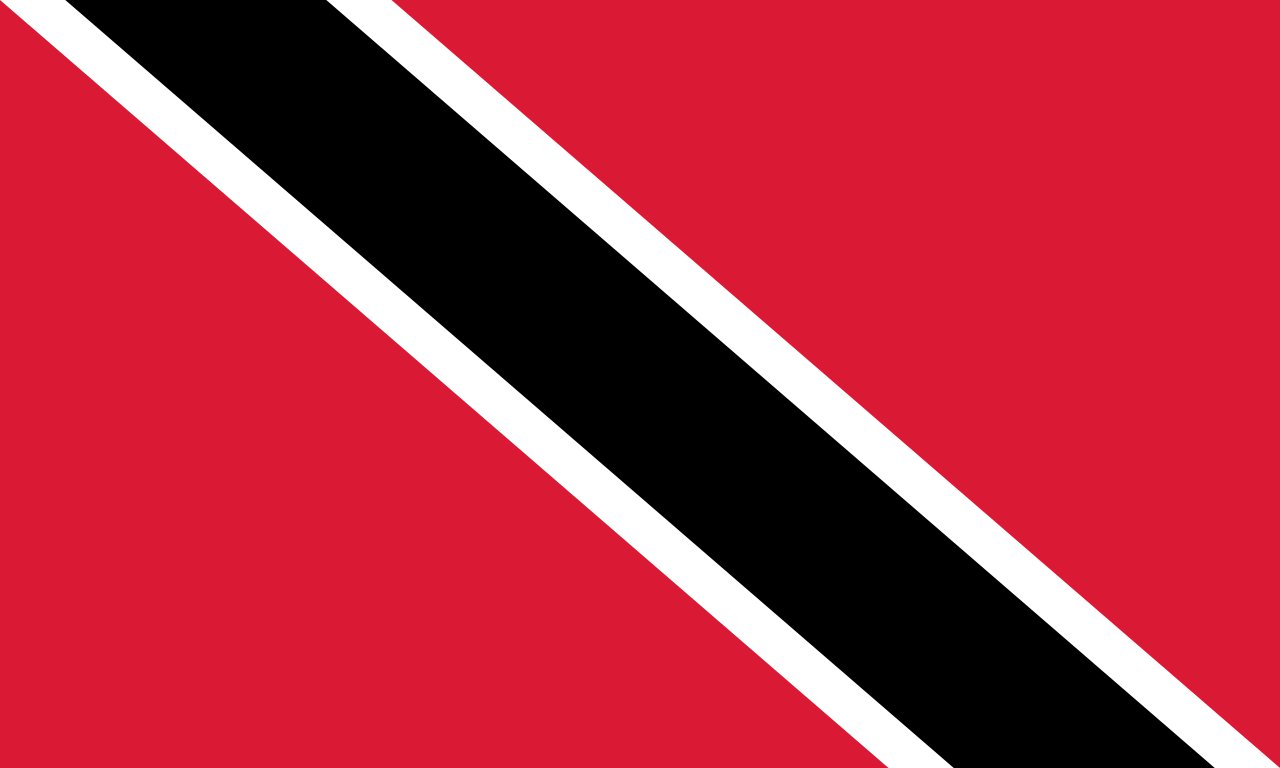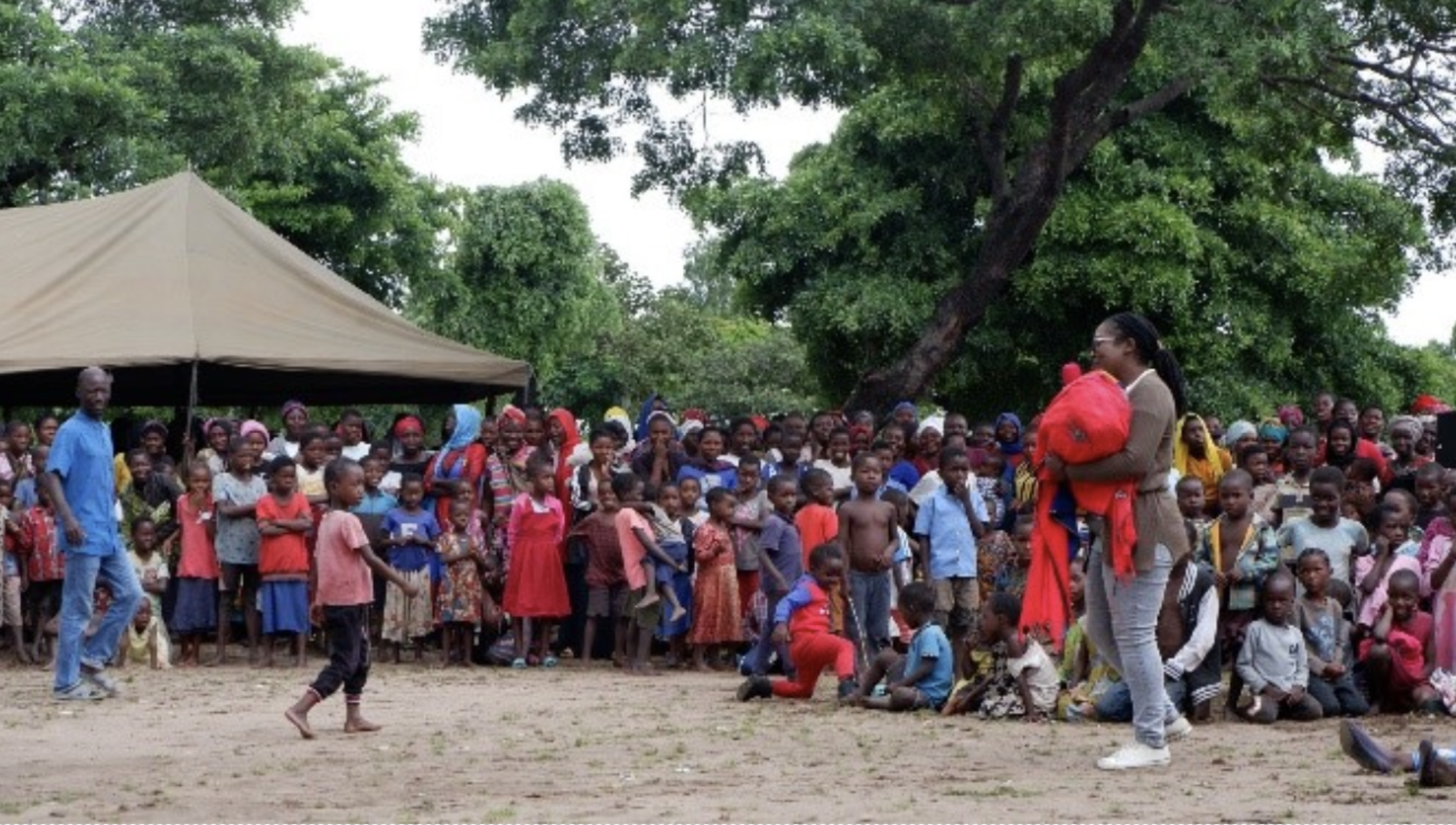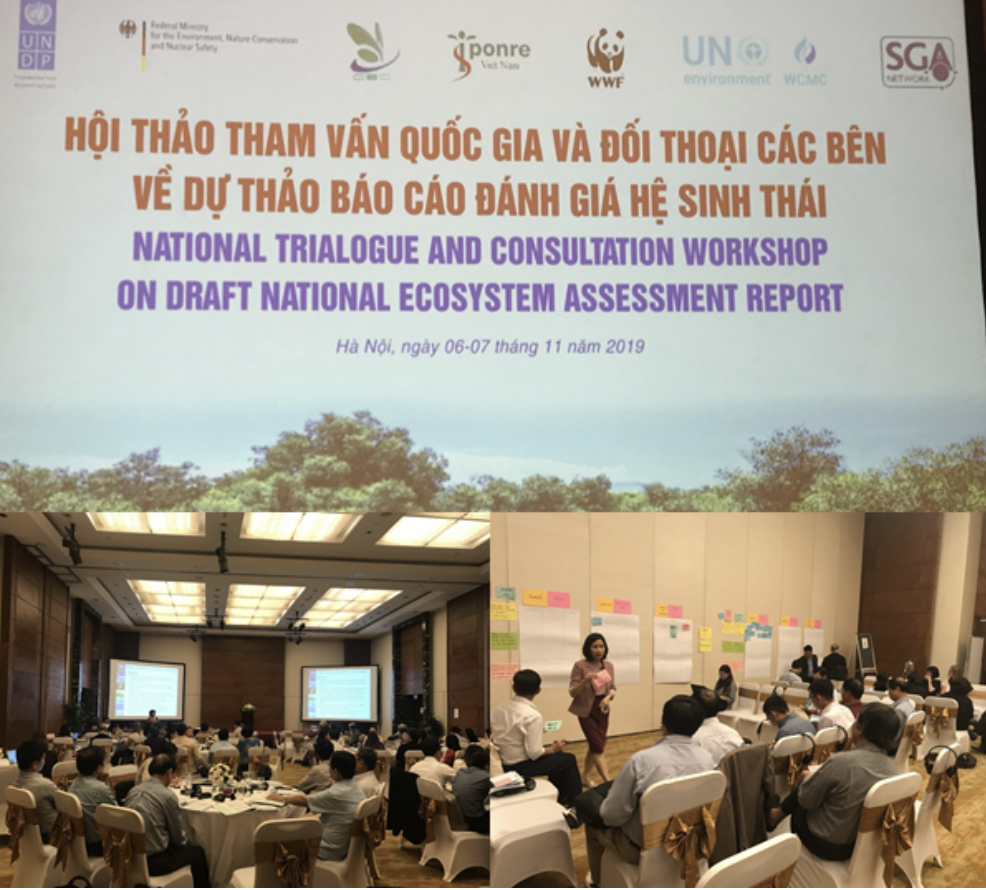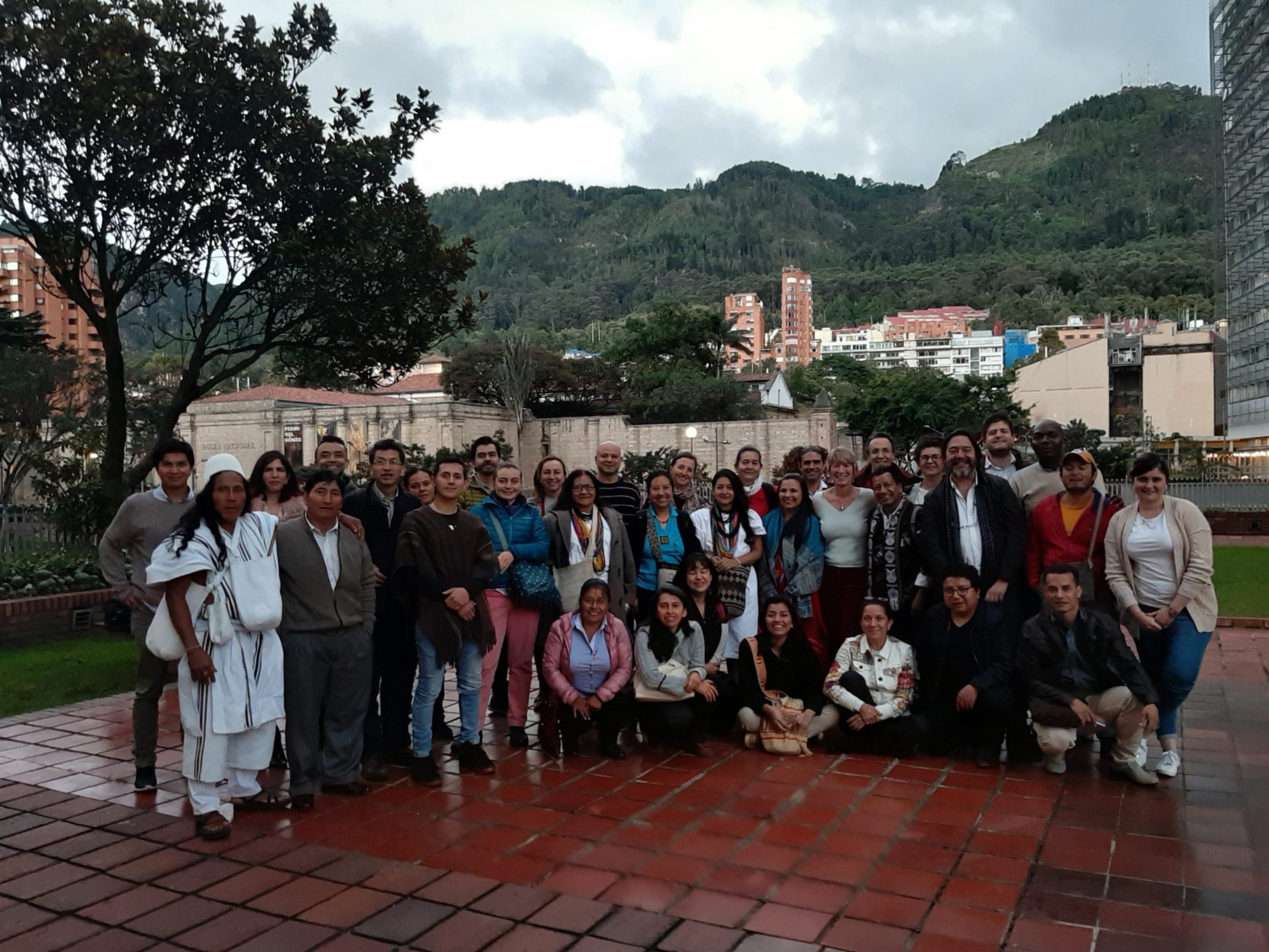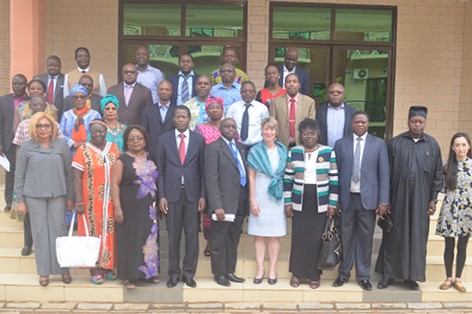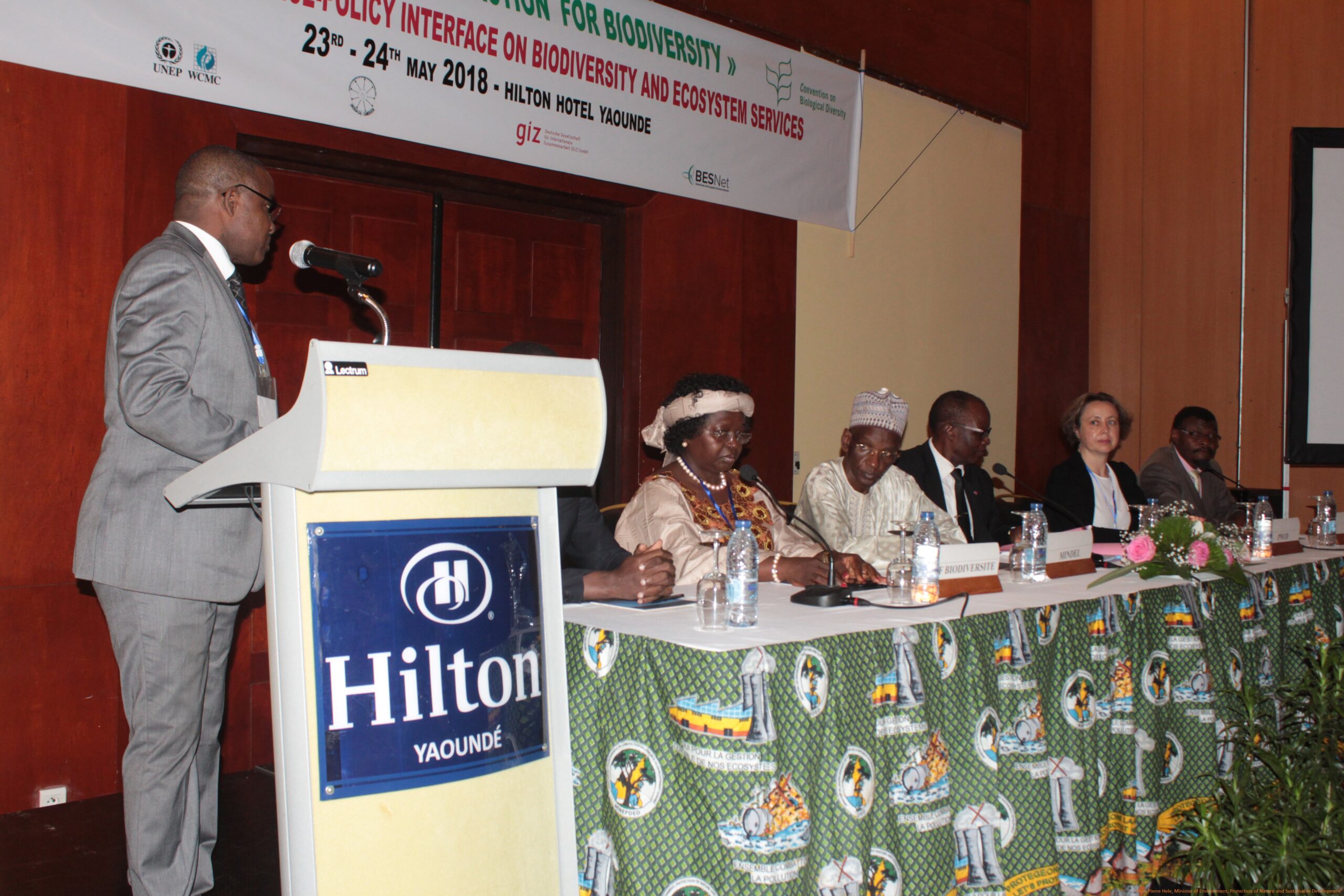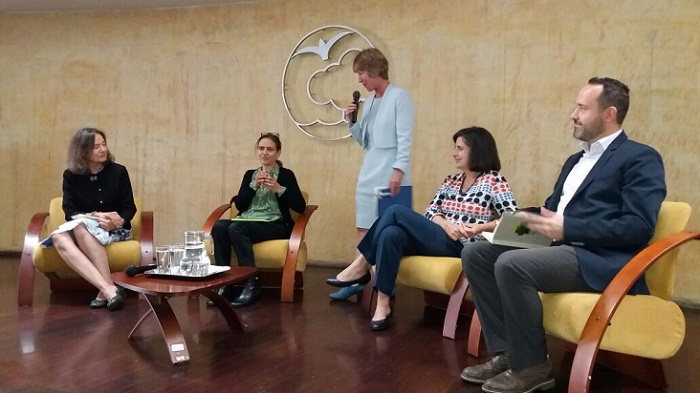At the national level, the Trialogue approach creates a three-way dialogue between scientists, policymakers and practitioners, including indigenous peoples and local communities, farmers, businesses, civil society and NGOs.
National Trialogues
About National Trialogues
Harnessing innovative facilitation techniques, the Trialogue creates a space for knowledge holders and stakeholders with a diverse set of expertise and experience – and who do not commonly communicate or collaborate – to join forces in addressing biodiversity and ecosystem services issues.
The Trialogue enables knowledge-sharing, conflict management and joint decision-making. It is a gender-responsive and inclusive approach, fostering a constructive dialogue between, within and among stakeholder groups, including science, policy and practice but also the private sector, non-governmental organizations, and indigenous and local knowledge holders.
Understanding and integrating local knowledge is particularly critical in order to:
- Understand the impacts and trade-offs of different policy recommendations in terms of their impact and appropriateness for the different local contexts
- Ensure that the proposed actions are fair, feasible, appropriate and achievable
- Engage local champions to support new approaches
The Trialogue in National Ecosystem Assessments
In the context of national ecosystem assessments, effective decision-making for the sustainable use of biodiversity and ecosystem services requires cooperation between different stakeholders with complex power and interest dynamics.
The Trialogue encourages the identification, analysis and development of approaches to address the patterns that can either hinder or provide opportunities for collaboration between stakeholders involved in a national ecosystem assessment.
Past Trialogues
Learn about past Trialogues, including the regions and themes covered and the outcomes.




